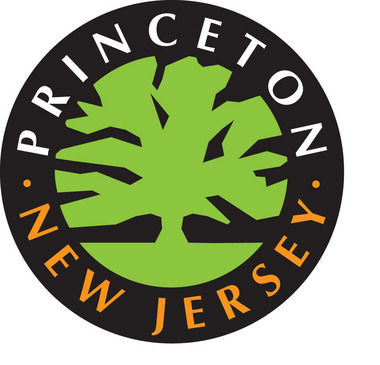By Philip Sean Curran, Staff Writer
Princeton officials have worked with the ACLU, local clergy and others to prepare in case the federal government ratchets up deportations of illegal immigrants when the Trump administration takes office in January.
Roughly a month since the presidential election, tensions remain high locally in a community that is among the sanctuary cities in the nation. On the Princeton University campus, in municipal government meetings and elsewhere, there is stirring about the possibility of the federal government being more aggressive and potentially reversing an Obama administration policy about not conducting immigration raids or searches in houses of worship or schools.
“It’s not statutory, it’s really not constitutional, it’s just a policy,” said Councilwoman Heather H. Howard on Tuesday. “That means it could be changed on day one; the new policy could be issued by the next president.”
This comes with six houses of worship in the community in the middle of exploring what it means to be sanctuary congregations, to open their doors for undocumented immigrants to live there. Nassau Presbyterian Church, one of the oldest houses of worship in Princeton, is among them.
“We’re studying it,” said the Rev. David A. Davis, pastor of the church, by phone Wednesday.
The concept of sanctuary congregations was birthed in a Presbyterian church in Arizona during the 1980s, with the idea of letting undocumented immigrants live somewhere within the walls of the church building while the federal government is questioning their status.
Although he declined to name the five other congregations, the Rev. Davis said his church board would consider the issue in the first part of 2017.
The concept is to have churches take that step not in secret, but rather in public view, as an outgrowth of their calling to welcome the stranger and immigrants, he said. It is a form of civil disobedience that supporters liken to the Underground Railroad during slavery.
“It is an energizing time for the church to ponder its witness,” he said.
For her part, Mayor Liz Lempert said Wednesday that there were “events in the past where I’m glad churches did hide people,” in reference to the Nazi era during World War II where Jews were taken in to escape the Holocaust. “And I hope it doesn’t come to that.”
Princeton is home to undocumented immigrants, primarily from Central America, many whom live in the Witherspoon-Jackson neighborhood. The Rev. Robert Moore, executive director of the Coalition for Peace Action, said Wednesday that he is hearing from sources within the community that local immigrants are living in “fear and terror.”
“And that bothers me,” he said, “because that’s not what this country is about.”
Roger Martindell, a former Princeton borough councilman for 24 years and a lawyer who represents undocumented immigrants in civil and criminal matters, said Wednesday that it is unclear what direction the government will take.
“None of us know what’s going to happen or when it’s going to happen,” he said. “But it’s fair to conclude the risk is high that something may develop that will be inimical to the interests of the immigrant community and therefore dangerous to legal citizens of the town.”
He said Princeton has a long history of “looking out for the undocumented,” a move motivated, in part, to protect businesses in town that employ them.
“The number of landscapers, restaurant workers, child care providers, house cleaners and other persons in the service industry number in the thousands,” he said. “There’s a lot of concern in the immigrant community about what direction the federal government is going to be going in terms of immigration.”
On one level, the town is seeking to reiterate that Princeton police do not enforce immigration law. Among other things, the department ignores civil detainer requests that the federal Immigration and Customs Enforcement puts on illegal immigrants who police happen to arrest. The department also does not inquire into a person’s immigration status, unless he or she has been arrested for drunken driving or an indictable offense and there is reasonable suspicion that someone has violated immigration law.
“Local police are not charged with the enforcement of federal immigration laws,” police Chief Nicholas K. Sutter said Tuesday at a meeting of the municipal human services commission. “We don’t do it. It’s not our charge.”
But more broadly, the town and its allies are strategizing on what to do. They have and continue to have sessions for illegal immigrants to know their rights if they encounter ICE agents. An information meeting drew more than 75 people to the Arts Council on Nov.30, with an ACLU lawyer speaking and a Spanish-speaking Princeton police officer translating.
Elisa Neira, the director of the municipal human services department, talked Tuesday of the need to “continue our education on the warrants and ensuring that the ICE officer that may be knocking on your door has the appropriate and correct information.”
In terms of workplace immigration raids, Ms. Howard raised doing information campaigns directed toward employers in town “about how you can demand to see a warrant, you can deny entering.”
Also last week, an ACLU staff lawyer and Ms. Neira had a private meeting with representatives of clergy and others, including Princeton Superintendent of Schools Stephen C. Cochrane, who did not respond to a request for a comment.
“I think these issues of how we can all come together and create as safe as possible an environment for our residents was discussed,” Ms. Howard said, “and a lot of discussion about the schools and what to do for kids who are afraid about what could happen if something happens to their parents while they’re at school.”

